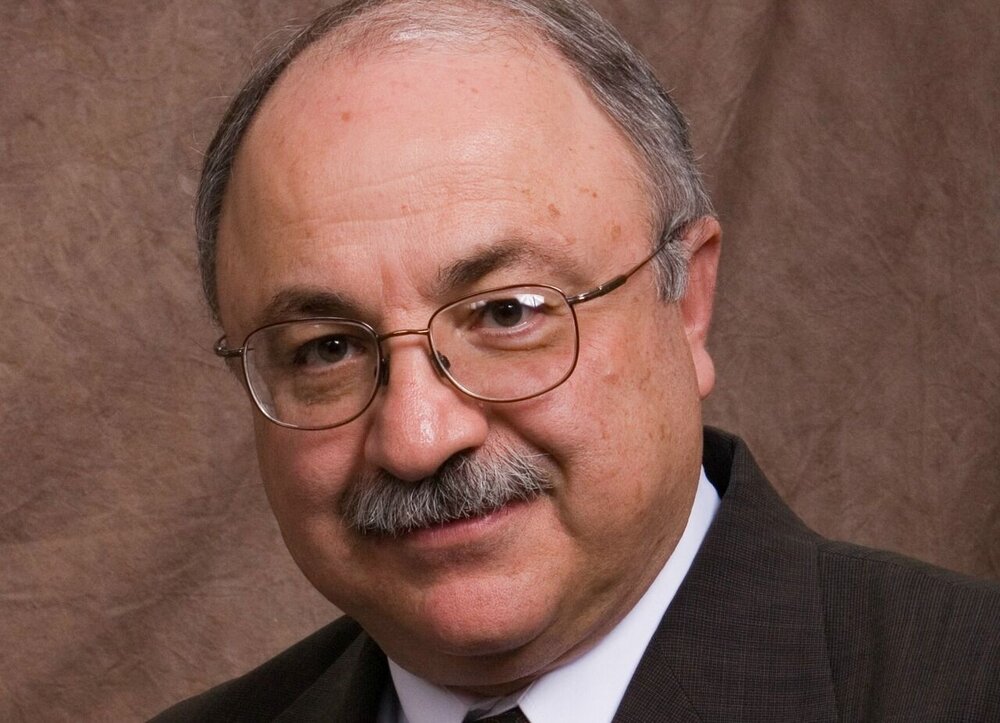Including missiles in nuclear deal will stymie chances of fruitful negotiation: professor

TEHRAN - Nader Entessar, professor emeritus of political science from the University of South Alabama, is of the opinion that any efforts to include Iran’s defensive missile capabilities in the nuclear deal will hinder any “chances of a fruitful negotiation”.
"Attempts to include Iran's missile program in any future nuclear deal and in the absence of a comprehensive regional security structure and the current threat system to Iran's national security will stymie chances of a fruitful negotiation,” Entessar tells the Tehran Times.
Last week, U.S. Secretary of State Antony Blinken said the Biden administration will return to its commitments to the 2015 nuclear deal only after Tehran first returns to full compliance.
Also, so far Germany and France, two members of European trio [E3), who are party to the nuclear deal, have proposed including Iran’s missile program to the nuclear deal.
But Entessar argues that “the E3 is simply throwing darts in the dark or simply hoping that Iran will ultimately succumb to their threats.”
The other member of the E3 is Britain.
“Some Europeans have an inflated opinion of themselves when it comes to their foreign policy weight,” Entessar adds.
The following is the text of the interview:
Q: When it comes to reviving the 2015 nuclear deal, U.S. Secretary of State Antony Blinken asks Iran to take the first step to revitalize the nuclear deal (JCPOA) and emphasizes that "any U.S. return may take a while". Is such a demand reasonable while it was the U.S. that pulled out of the deal in 2018 and imposed sweeping sanctions on Iran?
A: On the face of it, Iran's demand that the United States must return to the JCPOA and implement its obligation under the nuclear agreement is a reasonable one. But political realities in Washington may make it very difficult for the Biden administration to return to the agreement in its original form. From the very beginning, the JCPOA at best had lukewarm support among U.S. policymakers. Even the majority of the Democrats in Congress were against the deal. This may very well be the case today too.
President Obama's political sleight of hand convinced enough Democrats, albeit grudgingly, not to completely scuttle the deal. Senator Chuck Schumer and Senator Robert Menendez, the current Senate Majority Leader and the current Chairman of the Senate Foreign Relations Committee, respectively, were among the prominent Democrats who objected to the JCPOA. I assume they still are not in favor of the deal. In addition, with few exceptions, the "think tank" cottage industry in the United States has been working hard campaigning against President Biden's unconditional return to the agreement President Obama had signed. In short, Iran's demand that the party that ditched the nuclear deal unilaterally must demonstrate its good faith and commitments first is logical and reasonable. But given the current constellation of political forces in the United States, it is politically near impossible for President Biden to return to the JCPOA without extracting more concessions from Iran. Even then, the opposition to the JCPOA in its current form will not dissipate. That is why Secretary Tony Blinken recently emphasized the fact that any U.S. return to the nuclear deal "may take a while."
Q: Some observers say that Biden's advisory team is a "fake carrot" to deceive Iran. Do you believe that Biden is going to make a serious change in America's attitude towards Iran?
A: Biden did not structure his foreign policy team as either a "fake carrot" or a "real carrot" to Iran. Members of the Biden team were selected on the basis of their ability to implement American foreign policy goals.
Furthermore, for the past four decades, American foreign policy towards Iran has developed certain principal pillars that will not change under President Biden. Therefore, realism behooves us not to have an unrealistic expectation about "serious changes" in America's attitude or policies towards the Islamic Republic.
Q: Some European parties to the JCPOA want to include Iran's missile program in the nuclear deal, while Iran has repeatedly said that it will never negotiate over its defensive capabilities. What is your comment?
A: Attempts to include Iran's missile program in any future nuclear deal and in the absence of a comprehensive regional security structure and the current threat system to Iran's national security will stymie chances of a fruitful negotiation. The E3 is simply throwing darts in the dark or simply hoping that Iran will ultimately succumb to their threats. Perhaps some Europeans have an inflated opinion of themselves when it comes to their foreign policy weight.
Q: What changes do you expect from the new U.S. administration towards West Asia?
A: I expect little substantive change in this regard. Of course, some tactical changes and approaches to U.S.-Saudi relations can be expected. I think there will be a lot more continuity than discontinuity with the past in Biden's Middle East (West Asia) policy. Specifically, strong U.S.-Israeli ties will remain intact during Biden's presidency.
Q: Do you think Biden would return to Obama's policies?
A: No. Conditions in the region and in the United States have changed since Barak Obama left office. One cannot turn the clock back to what existed during Obama's presidency. If anything, Biden's foreign policy in the region may be closer to Bill Clinton's than to Obama's policies.
Leave a Comment